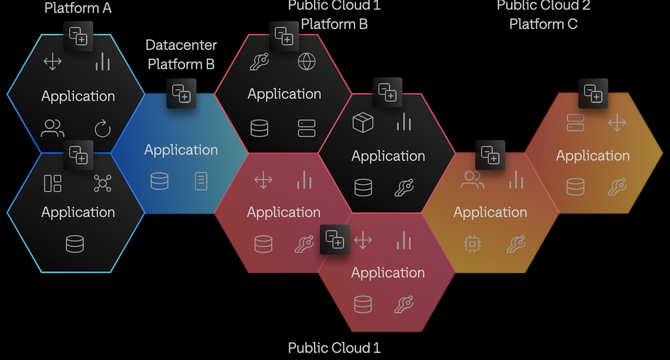Hashicorp
1M
232

Image Credit: Hashicorp
Patterns to refactor infrastructure as code for compliance
- Platform engineers in organizations may face challenges with platform sprawl, leading to fragmented workflows and difficulties in managing compliance and security across multiple platforms.
- Refactoring applications, infrastructure, and security using new patterns and workflows can help standardize practices and streamline compliance at scale.
- Standardizing practices for lower risk and stronger compliance includes efforts like policy as code and principles of immutability.
- Refactoring for standardization can involve abstracting workflows, importing existing infrastructure onto new platforms using Terraform, or migrating resources to newer platforms.
- Policy as code automates policy enforcement related to security, compliance, cost controls, and operational resilience for infrastructure.
- Policy as code can be used to manage policies through software delivery pipelines and tests infrastructure configuration for conformance.
- Static analysis in policy as code provides faster feedback on Terraform code alignment with organizational requirements.
- Dynamic analysis in policy as code checks live infrastructure for policy conformance and identifies configuration drift.
- Using immutability in migrations helps manage changes with minimal disruption by creating new resources instead of updating existing ones directly.
- Policy as code and immutability together speed up risk discovery, standardization efforts, and reduce remediation time for security and compliance issues.
- Applying policy as code and immutability principles can help organizations refactor infrastructure, standardize platforms, and minimize risks associated with migrations.
Read Full Article
14 Likes
For uninterrupted reading, download the app